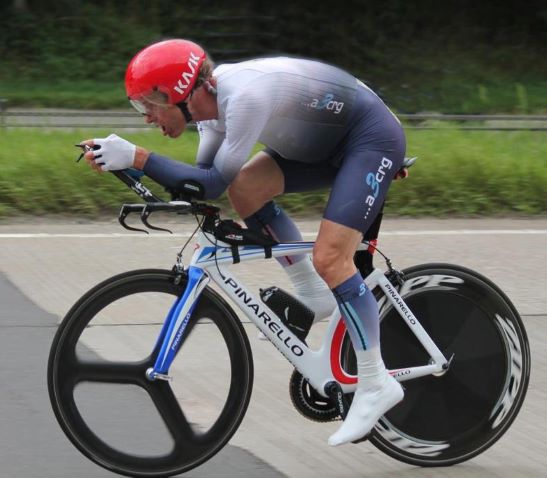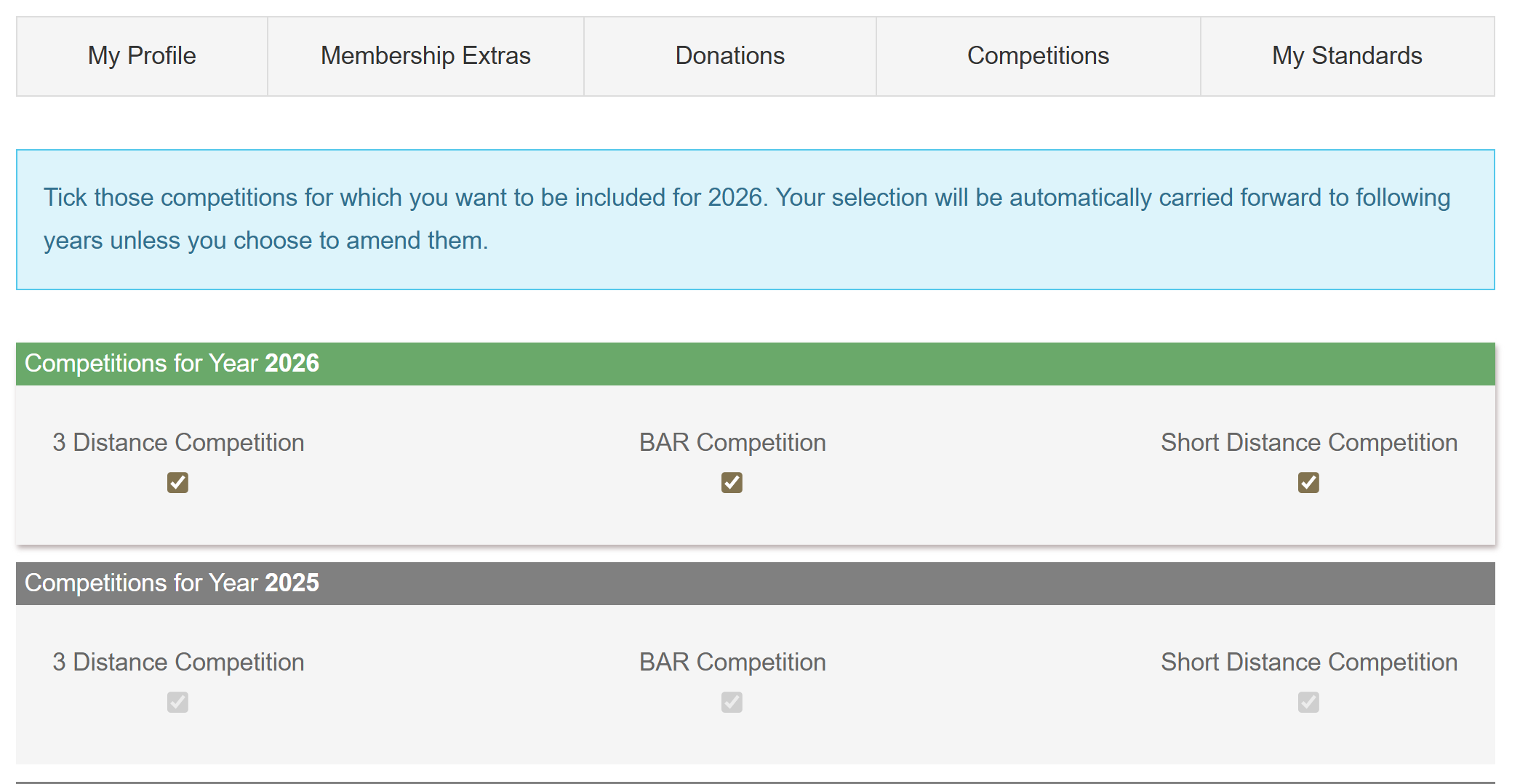Veterans Time Trials Association
Competitive Cycling for Life ^
Time Trialling in High Temperatures

We have already seen some very hot conditions in events this year and the impact they can have on riders. Time Trialling in high temperatures can present some unique challenges, as heat can affect your performance, hydration, and overall comfort. To ensure a successful race in hot conditions, here are some guidance tips:
Hydration is key: Start hydrating well in advance of the race, even the day before. Drink plenty of water and electrolyte-rich fluids to ensure you are properly hydrated. During the race, maintain a regular hydration schedule and take small sips frequently to stay ahead of dehydration.
Dress appropriately: Choose lightweight, breathable, and moisture-wicking clothing that allows for proper ventilation and evaporation of sweat. Opt for light colors that reflect the sun's rays rather than absorbing them. Wearing a cycling cap or bandana under your helmet can help keep sweat out of your eyes. Some skinsuits are not great in high temperatures. You may perform better in a lightweight jersey and shorts.
Protect yourself from the sun: Apply sunscreen with a high SPF rating before the race and reapply as needed. Wear sunglasses with UV protection to shield your eyes from the sun's glare.
Adjust your pace: Be mindful of the heat and adjust your race strategy accordingly. Start at a slightly slower pace than you would in cooler conditions to allow your body to acclimate to the heat. It's better to conserve energy and maintain a steady effort rather than pushing too hard and risking heat exhaustion.
Seek shade and use cooling techniques: If possible, ride in shaded areas when available. Use tactics like pouring water on your head, neck, and wrists to help cool down. You can also use ice-filled socks or specialized cooling gear to regulate your body temperature.
Monitor your body: Pay attention to your body's signals and be aware of any signs of overheating or heat-related illnesses, such as dizziness, nausea, headache, or muscle cramps. If you experience any of these symptoms, it is better to stop, find a shaded area, rest, and seek medical attention if necessary.
Plan your nutrition: In hot conditions, appetite may be reduced. Consume easily digestible foods that provide sustained energy, such as energy gels, bars, fruits, and carbohydrates. Avoid heavy meals before the race that can make you feel uncomfortable.
Stay mentally focused: The heat can be mentally draining, so stay positive and maintain your mental focus. Use mental strategies like visualization and positive self-talk to keep yourself motivated and focused on your goals.
Train in similar conditions: If possible, acclimate yourself to hot conditions during training. Gradually increase your exposure to heat, allowing your body to adapt over time. This can help improve your tolerance to high temperatures during the race.
Post-race recovery: After the race, prioritize recovery by rehydrating, replenishing electrolytes, and resting in a cool environment. Proper recovery will help your body recuperate from the exertion and heat stress.
Remember, it's crucial to prioritize your safety and well-being. If conditions become extreme or you feel unwell, it's better to withdraw from the race or seek medical assistance.
High Temperatures and Heart Rate
A few more points specific to monitoring your heart rate when racing in high temperatures. In hot weather, your heart rate will typically increase to help regulate body temperature and deliver oxygenated blood to your muscles. It's important to understand that an elevated heart rate is a normal response to heat stress.
Use a heart rate monitor or a fitness tracker to monitor your heart rate during the race. This will help you understand your exertion level and ensure that you don't push yourself too hard.
Adjust your heart rate zones for racing in high temperatures. Due to the added stress on your body, your heart rate may reach higher levels compared to racing in cooler conditions. Consult with a coach or sports professional to determine appropriate heart rate zones for hot weather racing.
Dehydration can significantly impact your heart rate response. When you're dehydrated, your blood volume decreases, which can lead to an increased heart rate. Ensure you're adequately hydrated before, during, and after the race to help maintain a more stable heart rate.
Heat stress places additional strain on your cardiovascular system. This can cause your heart rate to rise even at lower intensities. It's important to listen to your body and adjust your effort level accordingly to prevent overheating and excessive heart rate elevation.
Racing in high temperatures can be physically and mentally demanding. Proper rest and recovery are crucial for maintaining heart health. Allow sufficient time for rest and focus on cooling down after the race to promote heart rate recovery.
Be aware of any abnormal heart rate patterns or symptoms such as dizziness, chest pain, or irregular heartbeat during the race. If you experience any concerning symptoms, slow down, seek shade, and consider seeking medical attention if necessary.
Highlights from 2026 AGM
Andrew Simpkins | 30-Jan-26Direct Debit
Jon Fairclough | 14-Jan-26The 2025 year in racing
Chris Lea | 06-Jan-26
